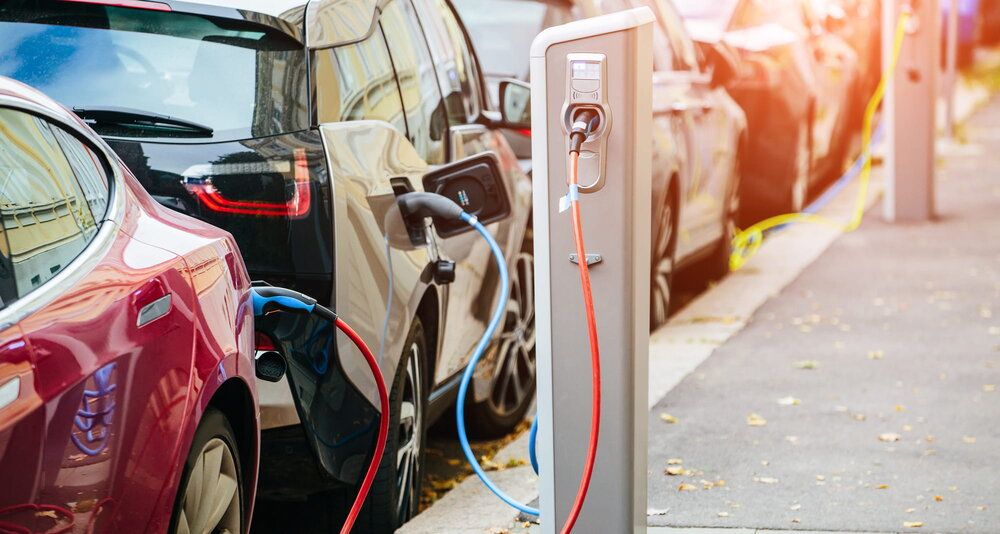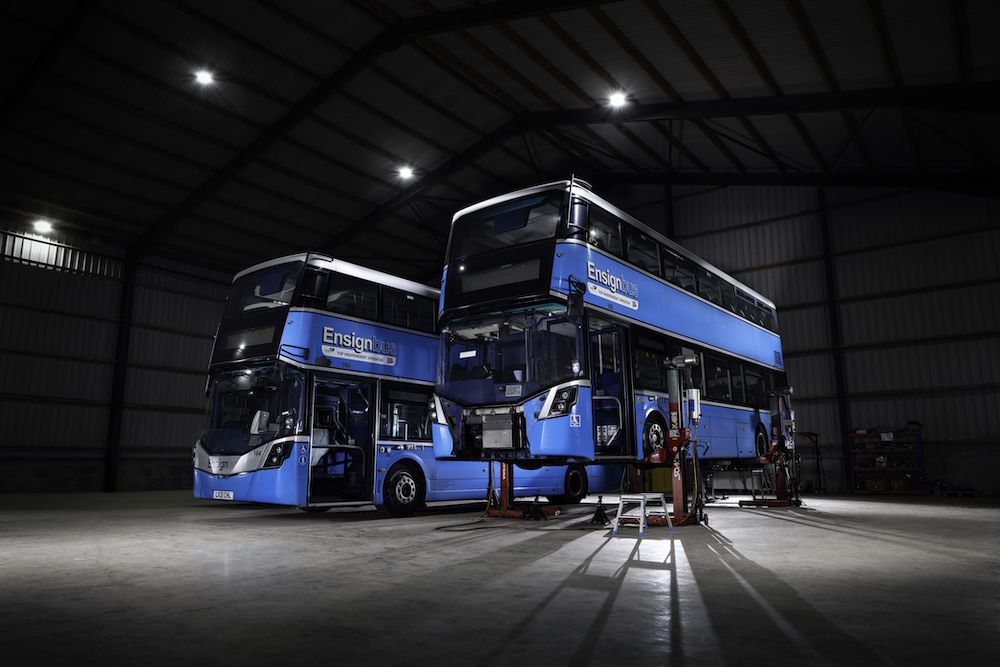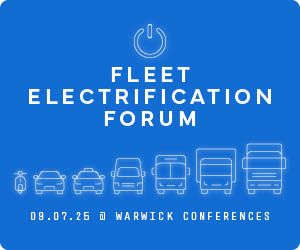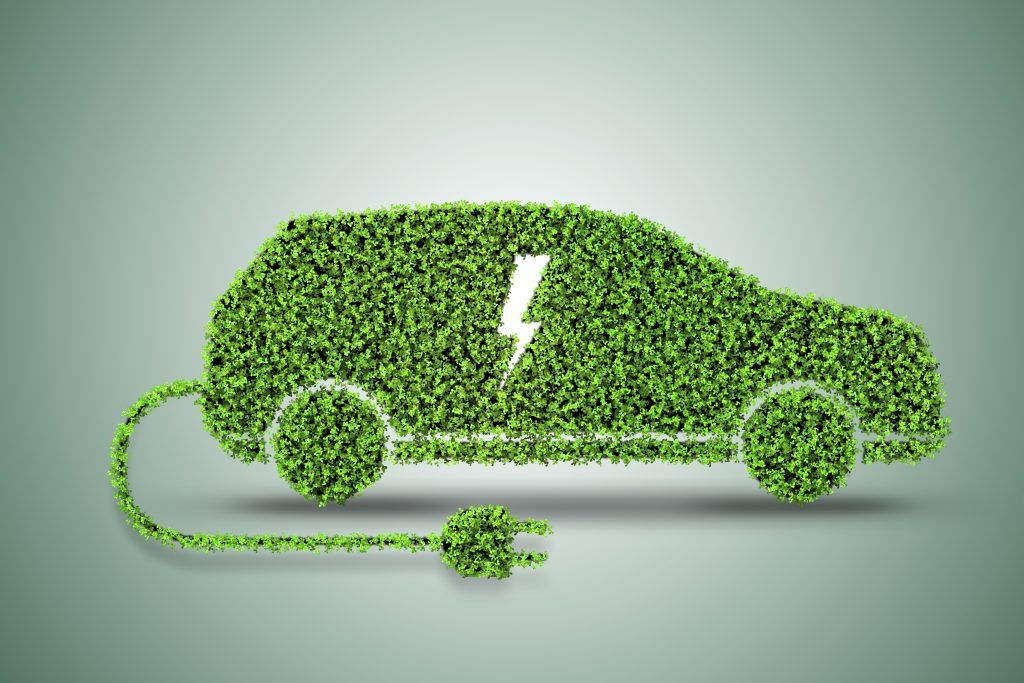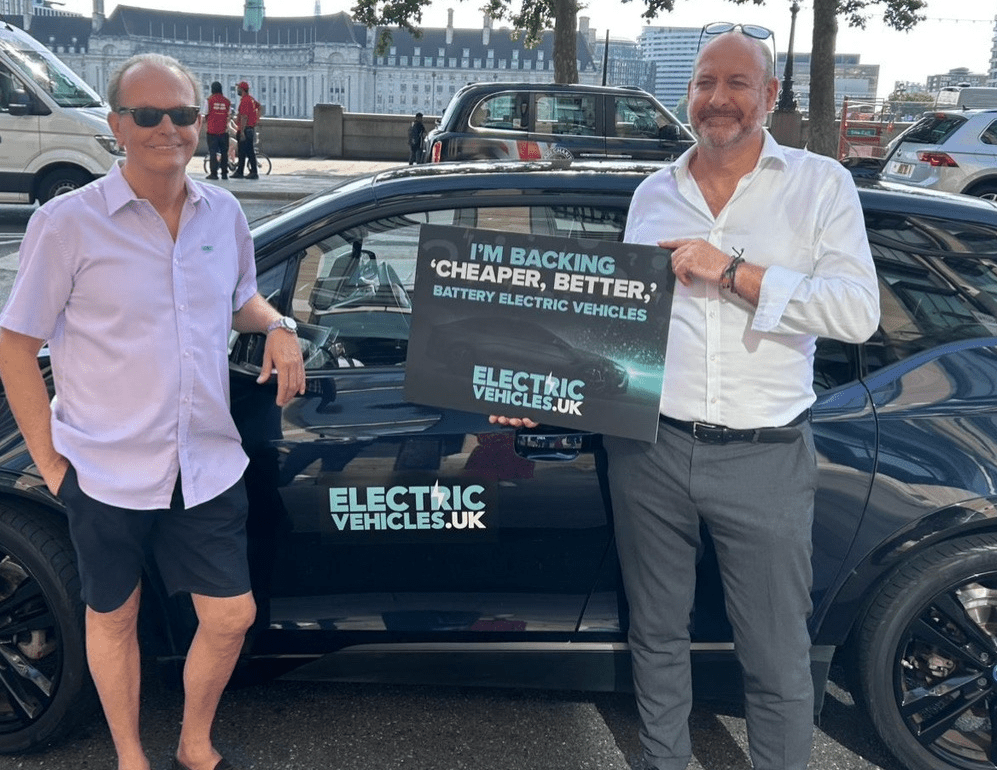New research has suggested the UK will only reach its EV goals if domestic electric charging is shared between users, it has been claimed.
The findings, from data and analytics firm Dodona Analytics, reveals electric charger sharing is essential to support the UK’s ban on the sale of new petrol and diesel vehicles by 2030.
According to its research, if 4% of motorists with a home charger share it with neighbours, a successful transition to EVs can be achieved. But without it the UK faces a charger shortfall of more than 250,000 chargers.
In the white paper, dubbed Will the EV charge point roll-out put the brakes on cleaner transport?, Dodona Analytics have created a model which shows the relationship between projected supply and demand for public EV charge points between 2021 and 2030. The projected demand for EV charge points is based on the assumption that the number of electric vehicles in the UK will continue to grow exponentially until it reaches 9 million in 2030, according to the National Grid.
But the installation of new charging points is not keeping pace with the EV market. 400,000 new public chargers needed by 2030, according to think tank Policy Exchange, but Dodona Analytics predict that the current rate of charger installation will leave a shortfall of over 266,6353 chargers.
Speaking about the findings, CEO of Dodona Analytics, Stefan Furlan, said: “Our research shows there is a wide gap between the future demand for and the current availability of charge points. In order to overcome the charger gap our paper recommends firstly a data driven approach to site selection and infrastructure deployment, secondly the sharing of home and workplace chargers and thirdly cross-industry collaboration.”
Joel Teague, CEO of Co Charger, a community based charging firm, said: “The paper is a real breath of fresh air and thinking in a complex space that has perhaps been a little over-focused on existing EV drivers and new infrastructure. The UK’s public charger building scheme is ambitious, well-organised and well-funded, but as this paper shows, further access to chargers is needed to help motorists in flats and terraces make the transition.
“Charge point sharing is a quick, cheap, and self-scaling solution – as EV ownership rises, more home charge points will become available, which can then be shared with neighbours, enabling them to enjoy the benefits of owning an EV and a cleaner, greener neighbourhood.”
‘With charger sharing, everyone wins. In practice it means a motorist living in a flat can have an arrangement with a nearby neighbour with a driveway to charge at theirs once or twice a week, ideally overnight when tariffs are cheaper The Host can earn some extra income from renting out their charger, whilst the Chargee gets the nearest possible experience to home charging.”
Ben Nelmes, Head of Policy at independent transport research organisation NewAutomotive, said: ‘People who live in flats and terraces need confidence in local and reliable access to charging before they can make the switch to an EV. To have a rapid and early transition to EVs we need to use every tool in the box. This means more data-driven decisions about where to put public charge points and also incentive for charge sharing schemes, which have huge potential to improve people’s ability to charge up their EVs where and when they need to.”
“I know how challenging it can be to run an electric car without a charger because I was once in that position myself,’ adds Joel. ‘Five years ago a neighbour convinced me to get an electric car. My new Renault Zoe arrived but the charger installation was delayed, and my nearest public charger was seven miles away. I ended up giving the same neighbour a few quid to use their charger once a week until mine arrived. It was such an easy, convenient arrangement and led to a lightbulb moment in which I realised that connecting communities via an app to share chargers could unlock electric vehicle ownership for millions of motorists.”
Image from Shutterstock



